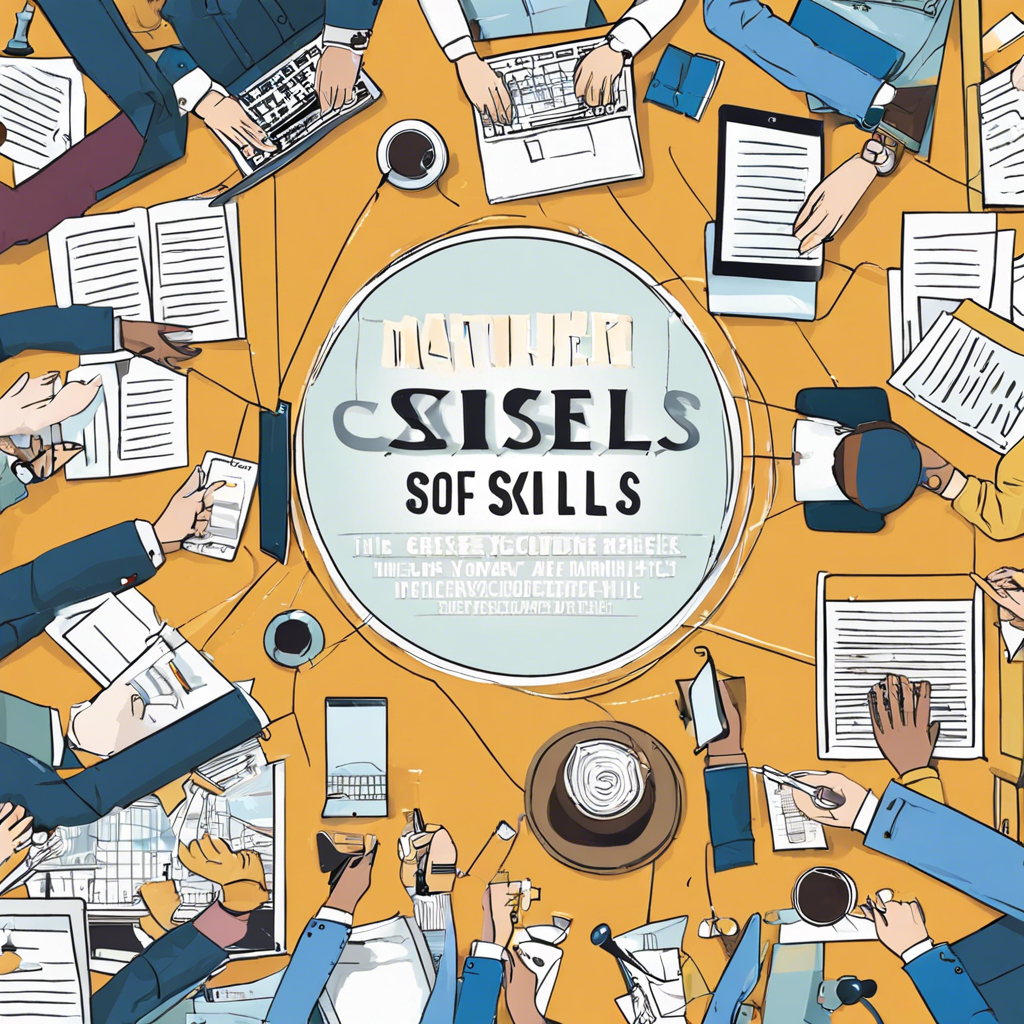In today’s rapidly evolving job market, soft skills are increasingly viewed as essential for career success and development. Soft skills are personal attributes that enable individuals to interact effectively with others, solve problems, and adapt to new situations. They encompass a wide range of competencies, including communication, teamwork, leadership, critical thinking, and emotional intelligence.
Unlike hard skills, which are technical abilities specific to a particular job or industry, soft skills are transferable across different roles and sectors. This makes them highly valuable in a job market characterized by constant change and evolution. Employers increasingly seek job candidates with strong soft skills, as these attributes are often the key differentiators that can contribute to a person’s long-term success and adaptability in the workplace.
Effective communication, for example, is a cornerstone of successful teams and organizations. Being able to convey ideas clearly, listen actively, and provide constructive feedback helps foster collaboration and innovation. Strong communication skills can also help professionals navigate complex relationships with colleagues, clients, and stakeholders, enabling them to build productive working alliances.
Teamwork is another highly prized soft skill. Working collaboratively and respectfully with others, recognizing the strengths and contributions of team members, and being willing to compromise and negotiate are all hallmarks of effective teamwork. These abilities are particularly crucial in today’s interconnected business landscape, where cross-functional teams and remote work arrangements have become commonplace.
Leadership skills are also in high demand. This includes the ability to motivate and inspire others, provide a clear vision and direction, and delegate tasks effectively. Effective leaders possess a strong sense of emotional intelligence, which enables them to recognize and manage their own emotions and the emotions of those around them. This, in turn, fosters a positive and productive work environment and enhances overall team performance.
Problem-solving and critical thinking skills demonstrate an individual’s ability to identify complex issues, analyze information effectively, and develop innovative solutions. These skills are vital in a world where businesses are constantly grappling with new challenges and opportunities. Professionals who can approach problems creatively and think critically are highly sought after in a wide range of industries.
To summarize, soft skills are integral to career development and long-term success in the modern job market. They enhance an individual’s employability, adaptability, and overall effectiveness in the workplace. By investing in the development of soft skills, professionals can set themselves up for a more fulfilling and successful career, regardless of the specific industry or role they pursue.
There are numerous ways to develop and enhance soft skills. This includes seeking feedback from colleagues and mentors, participating in training programs and workshops, and stepping outside one’s comfort zone by taking on new challenges and responsibilities. Soft skills are a lifelong pursuit, and continuous development in this area can have a significant impact on career satisfaction and success.
